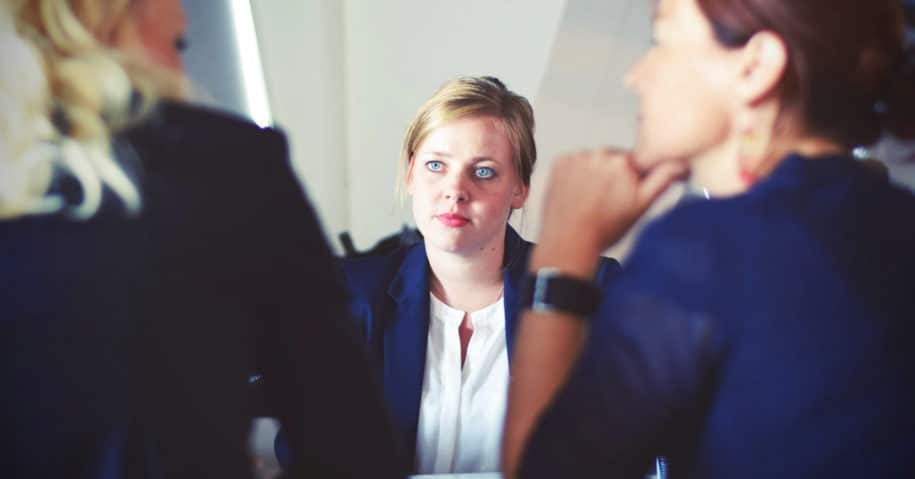6 Women Owned Businesses Improving the World
Women’s History Month is a great time to remember all the influential and innovative women throughout history. One group who are often overlooked is women who have founded businesses of their own. For many years, it was difficult for women to attain positions of power in a company, let alone create businesses of their own. Which is why it is important that this month be used as a time to champion and celebrate female founded businesses past and present, and acknowledge what they have added to the world.
Today, women founded and owned businesses are far more prolific than they were just a few decades ago. Over the last 20 years, women entrepreneurship has increased 114%, bringing women owned businesses to their largest market share of 40%. This is significant because it represents tangible steps toward gender equity, and many times these businesses outperform those owned by men.
S&P Global analyzed many companies over the span of 17 years, and found that companies with female CFOs “generated $1.8 trillion more in gross profit than their sector average,” along with higher stock prices. This highlights the worth of female businesses’ directors and owners, who statistically add tremendous value and expertise to their businesses.
To underline the importance of female founded businesses, we have compiled a list of 6 innovative businesses founded by women that are actively making the world a more diverse, sustainable and better place.
1: Sozy
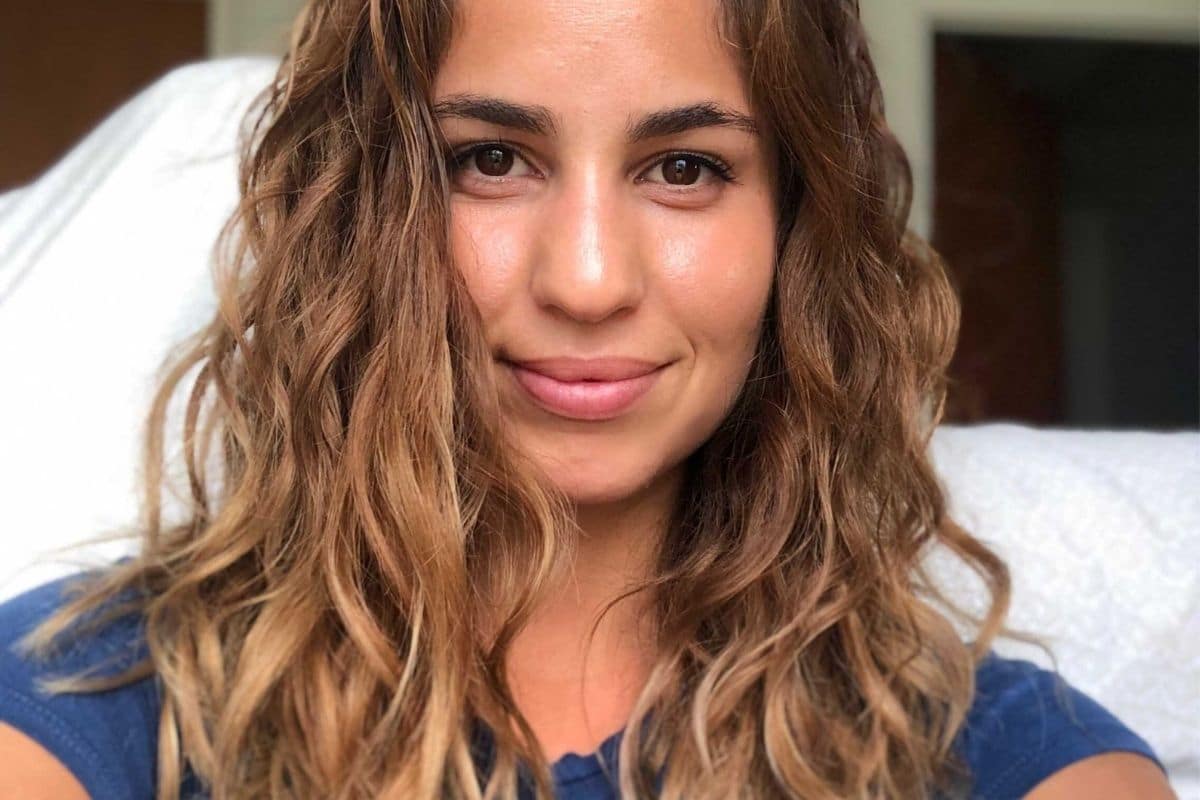
Founded by Lanai Moliterno, Sozy (a portmanteau of soft and cozy) is a women’s clothing line focused on providing fashionable, comfortable clothing perfect for any situation; and their brand has always been focused around giving back to the community and planet.
Sozy is aware of how fast-fashion damages the environment and creates unethical work environments. It is because of these reasons that all Sozy products are proudly made in the USA. By doing this, Sozy guarantees that their products are made ethically and mitigate the amount of fuel that must be burned to deliver their clothes to stores and customers. To further this cause, they are a member of 1% For The Planet, vowing to donate 1% of their annual revenue to help fund a green future.
While protecting the environment is paramount to Sozy, it is also extremely important to them to help women in need. Every year, Sozy donates 10% of their profit to assist survivors of sexual violence, partnering closley with RAINN (Rape, Abuse & Incest National Network) to support survivors across the country. To Sozy, assisting survivors is a key part of their identity, and brings them pleasure in knowing they are helping women in need across the country.
Sozy is a case study in how businesses can achieve financial success while using their brand to advocate and support worthwhile organizations. They not only provide women with high quality, comfortable clothing, but also support their safety and future with generous donations.
2: theSkimm
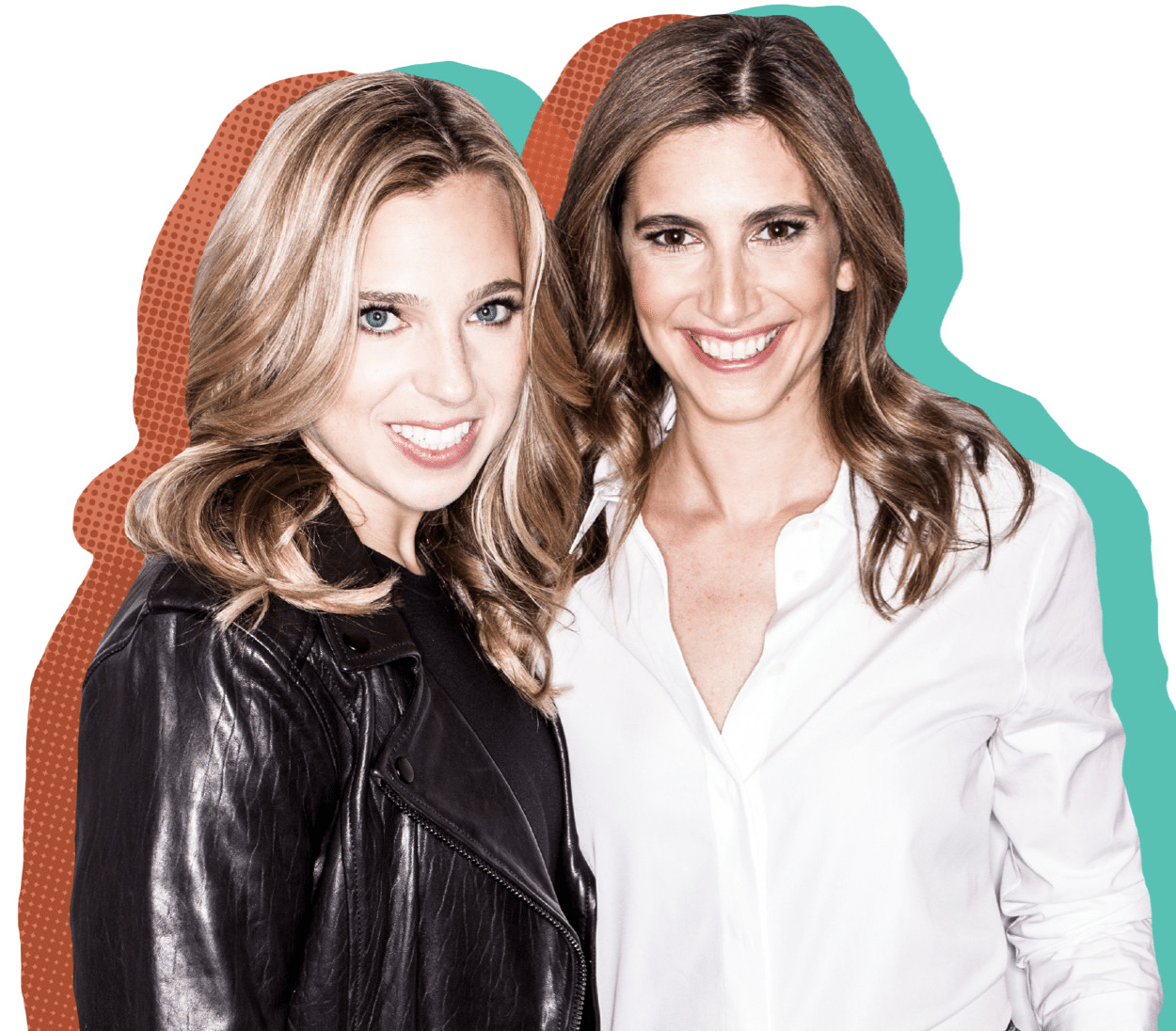
Founded by former NBC producers Danielle Weisberg and Carly Zakin, theSkimm is a newsletter committed to giving its readers important, rounded, and easily digestible news. theSkimm aims to make it “easier to live a smarter life by integrating in the routines of our target audience — female millennials.”
What makes theSkimm different from other publications is their commitment to their reader base. Every person has their own interests and concerns, and the news we consume is a large part of our identities. theSkimm nourishes those differences by allowing readers to tailor personalized news calendars, and build their newsletter around a balance of politics, culture, lifestyle and everything in between.
In the wake of the pandemic, women were hit exceptionally hard. theSkimm saw this moment as a time to give back to their readers, and create a means of teaching them the ins and outs of finances. They launched SkimmU, a free set of courses which cover all aspects of investing, budgeting, and much more to help women achieve financial sustainability.
It can be extremely challenging finding news that isn’t overwhelming and works within the stresses of life. theSkimm was founded to address this issue, curating a newsletter which is made to enrich and educate its readers, not confuse or frighten them.
3: Bumble
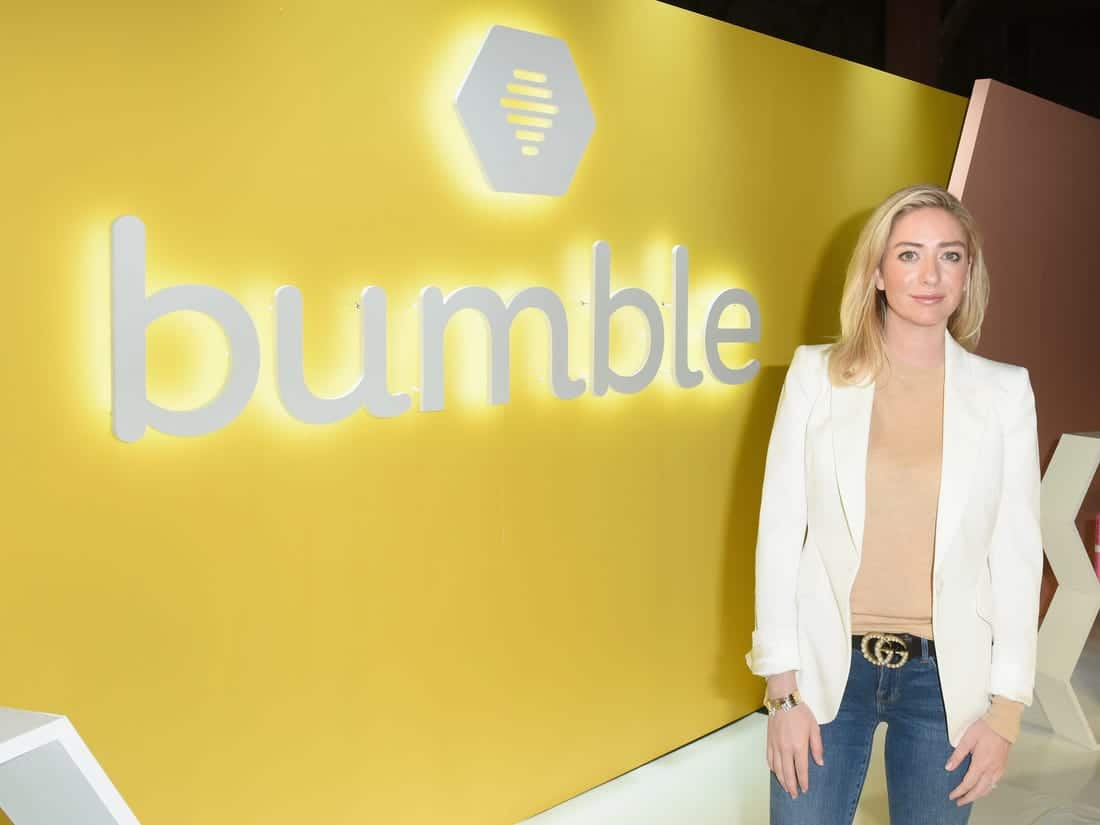
In the age of smartphones, dating apps are used by millions around the world. While many have found meaningful, strong relationships on these platforms, they often perpetuate antiquated gender norms. As tech entrepreneur Whitney Wolfe Herd puts it, “For all the advances women had been making in workplaces and corridors of power, the gender dynamics of dating and romance still seemed so outdated.”
To combat this, Herd crafted Bumble to be the inverse of the normal dating app experience, empowering women to make the first move in relationships. A little more than half a decade later, Bumble is one of the most popular dating apps.
However, Bumble is very committed to the safety of their users, using their influence to back online sexual harassment legislation. They are well aware that dating apps can become breeding grounds for inappropriate behavior, especially targeted at women, which is why they have employed AI to automatically censor unsolicited lewd photos.
Many dating apps see their users as numbers for their algorithms to match. Bumble, on the other hand, is humanizing the dating app experience, while modernizing antiquated gender norms. By doing so, they are helping create safe, healthy and fun environments for women to search for relationships.
4: Billie
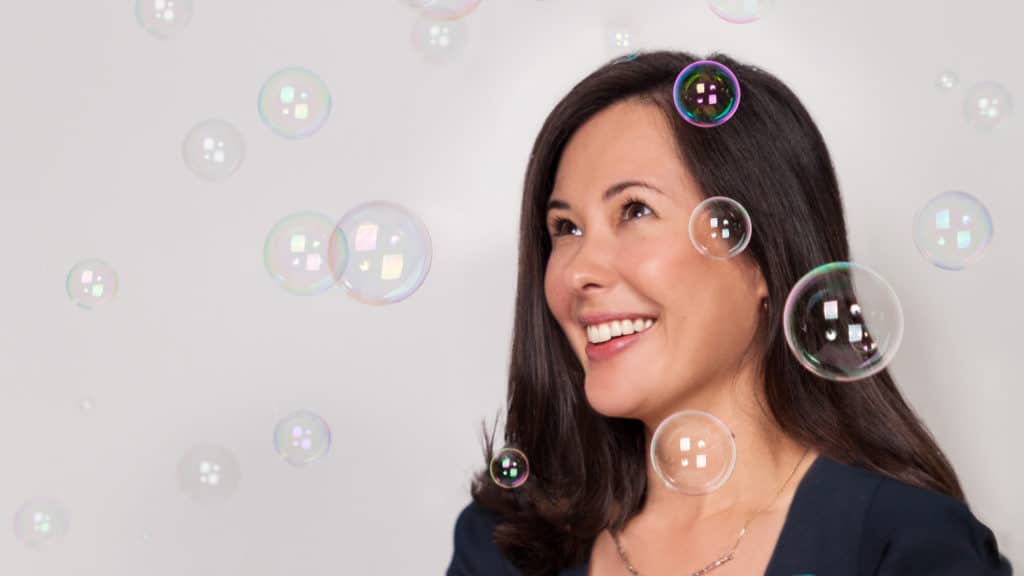
One of the most blatant examples of the pink tax is razors. Often, razor brands market functionally identical but visually different products to men and women. However, women’s razors cost far more than men’s. Georgina Gooley, after working in the industry for many years, wanted to create women’s products with no up-charge. From that desire, razor and shower brand Billie was founded.
Quickly, Billie became more than just a razor company, turning their attention to hair products as well. Most shampoos and conditioners are filled with harmful chemicals which strip essential oils and dry out skin. Billie prides itself on not using these harmful ingredients, prominently displaying their extensive no list on their website. To Billie, equality means offering women the highest quality products without the pink tax.
While nurturing the inner beauty of their customers, Billie wanted to use their business to give back to the world around them; especially to fellow women. This has led to an ongoing commitment to donate 1% of their revenue to organizations that support women around the country. After the senseless murders of George Floyd, Breonna Taylor, Ahmaud Arbery, Atatiana Jefferson, and countless other Black Americans by police, Billie felt the need to address the injustice occurring in the country. With this in mind, they donated $100K across Black Lives Matter and the NAACP, and focused their 1% revenue donation toward BIPOC (Black, Indigenous and people of color) organizations.
Women should not be forced to pay more for the same products men are getting, and Billie is built upon this belief. Reinforcing that demand, Billie is passionate about providing their customers with the best possible products, giving them the means of expressing their true identity in whatever way they want.
5: Mented
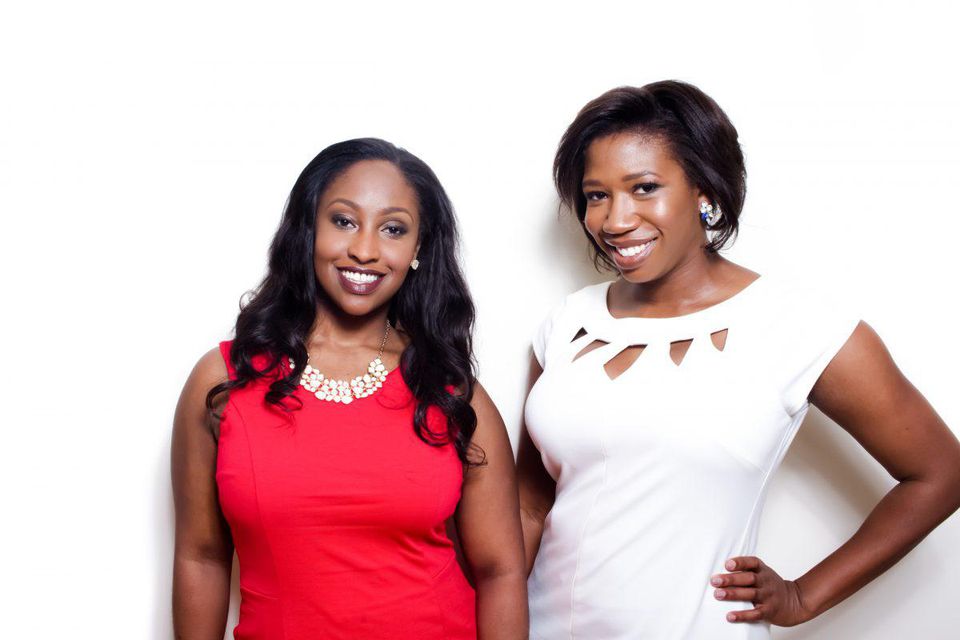
For far too long, cosmetic companies have provided very few options for women of color. Only recently have major cosmetic companies added more shades to their collections, but these shades are often under-advertised and sparsely stocked. Noticing this under-representation – especially in the realm of nude lipstick – entrepreneurs KJ Miller and Amanda E. Johnson created Mented Cosmetics, with the goal of ensuring every woman finds herself in the world of beauty, no matter her skin tone.
While Mented was born from a desire for representation, product quality comes first and foremost. Making certain every person can enjoy their products, all of Mented’s lipsticks are vegan, non-toxic, and paraben free. Because of this focus on quality, all customers, no matter what type of skin they may have, can look their very best.
Discarding harmful ingredients and inhumane animal testing, Mented has built itself on empowering underrepresented women by providing them with top notch products.
6: The Body Shop
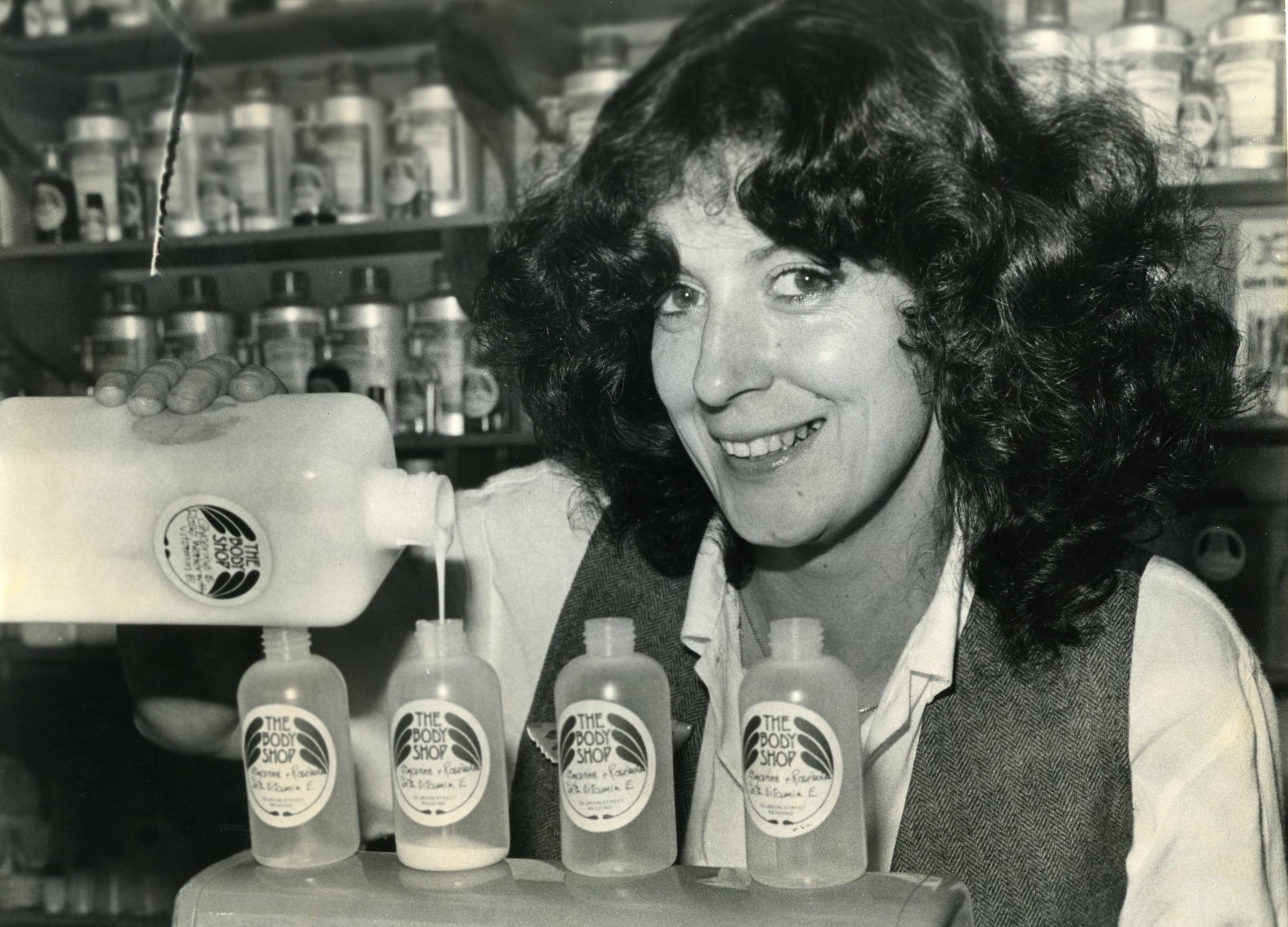
Started in 1976, The Body Shop is a brand which was founded on giving back to the world. Founder Anita Roddick always championed using business as a force for good, and The Body Shop continues to be a voice of progress in the cosmetics industry.
With decades of activism, The Body Shop has never stopped fighting for a fairer, cleaner, cruelty free world. Instead of narrowing their focus to one issue area, The Body Shop aims to address all issues facing people and the planet. Animal testing in the cosmetics industry, climate change, intimate partner abuse, and women’s rights have all been key issues for The Body Shop, and they continue to advocate for them to this day.
This passion for change informs their products, which are “ethically sourced and naturally-based ingredients from around the world, in no-nonsense packaging you could easily refill.” To The Body Shop, products should always be created in the most environmentally friendly and healthy way possible, minimizing carbon footprint and offering customers the highest quality products possible.
After partnering with The Body Shop, we at Impactree can attest to their passion for changing the world for the better. They deeply care about the world and all the people in it, which we find deeply inspiring. They clearly show how corporate social responsibility can be harnessed to create positive change.
The Power of Female Founded Businesses
Women owned businesses are a force to be reckoned with. They generate $1.8 Billion every year, achieve higher ROI than companies owned by men, and require less startup capital. For a long time, women were mostly shunned from the business world, with men questioning their ability to lead. However, statistics like these – along with the 6 companies just listed – show how this view of women is not only sexist, but simply incorrect.
To find more ways to celebrate Women’s History Month, check out Impactree’s Women’s History Month Action Hub.

